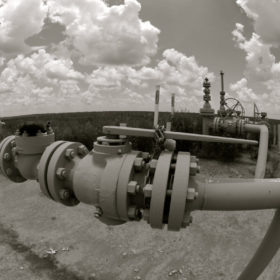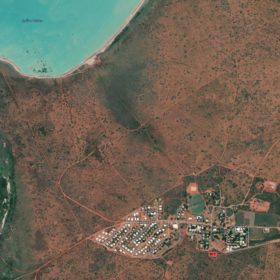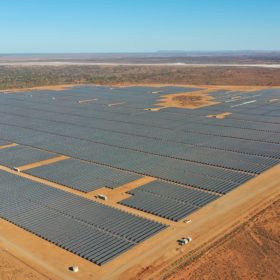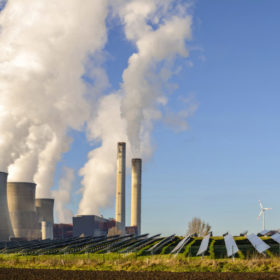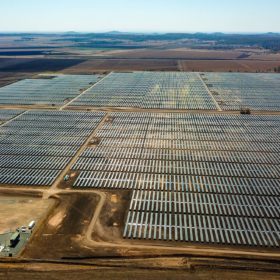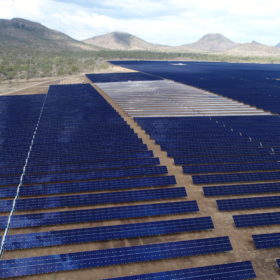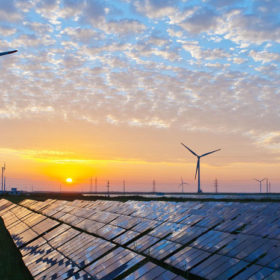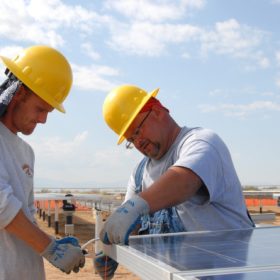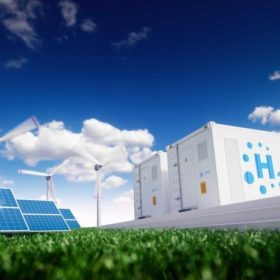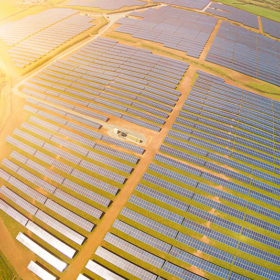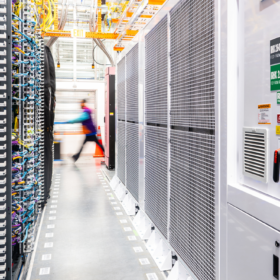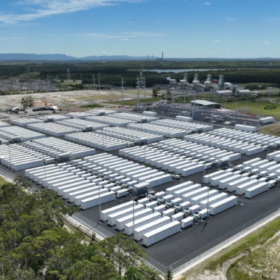Green hydrogen costs projected to decrease by up to 60% by 2030
A new report from Hydrogen Council predicts that the cost of renewable hydrogen production will fall drastically by up to 60% over the coming decade due to the declining costs of renewable electricity generation and the scaling up of electrolyzer manufacturing. Thanks to its optimal renewable resources, Australia will be among the countries most favorably placed to contribute to the development of the hydrogen economy.
Solar PV brings new energy to “Bidgy” on WA’s Kimberley coast
Bidyadanga, an Indigenous community established where sunburned red earth meets the shimmering turquoise sea, has begun its transition from diesel-generated energy to solar power under a scheme introduced by Horizon Power, Western Australia’s regional electricity supplier.
Long read: Nothing simple about GPS
Changing rules mean that many utility-scale PV projects in Australia are facing long delays in achieving full generation – known as “obtaining GPS.” The consequences can be costly.
‘China will add 35-38 GW of solar this year’
Power generation statistics released by the National Energy Administration appear to confirm the nation added 12 GW of solar last month. China also deployed another 41 GW of polluting coal-fired power plants last year.
Yarranlea Solar Farm connects to the grid
Queensland’s Darling Downs region is set for its second large-scale solar project to gain grid connection in a matter of months as Risen Energy’s 100 MW Yarranlea Solar Farm connects to the grid for its staging procedures.
Australia poised for record large-scale PV rollout in 2020
Australia’s utility-scale renewable energy sector is set for a record year with 3.6 GW of projects expected to complete commissioning in 2020, Rystad Energy finds. This comprises 1.96 GW in utility PV projects and 1.57 GW in wind developments, with the remaining 0.1 GW coming from batteries.
Investment in Australian renewables sank in 2019
Investment in Australian renewable energy capacity fell 40% in 2019 down from record-breaking levels seen in the year before, according to Bloomberg New Energy Finance (BNEF). Spending on large-scale renewables dropped dramatically due to network woes and long-term policy uncertainty but was ameliorated by the rooftop solar segment’s record growth.
A clean energy world would support millions of new jobs
A study from Finland’s Lappeenranta University of Technology has predicted solar and other renewables can provide a global energy jobs revolution – just as four European operations revealed recent struggles.
Horizon Power looks at green hydrogen for WA coastal town of Denham
The small tourist town of Denham in Western Australia’s Shark Bay World Heritage Area could host a renewable hydrogen demonstration project as part of a new energy solution planned for the town.
MPower breaks ground on two solar farms in South Australia
Renewables developer MPower has commenced work on two 5 MW solar farms in South Australia expanding its portfolio of smaller utility-scale projects.
